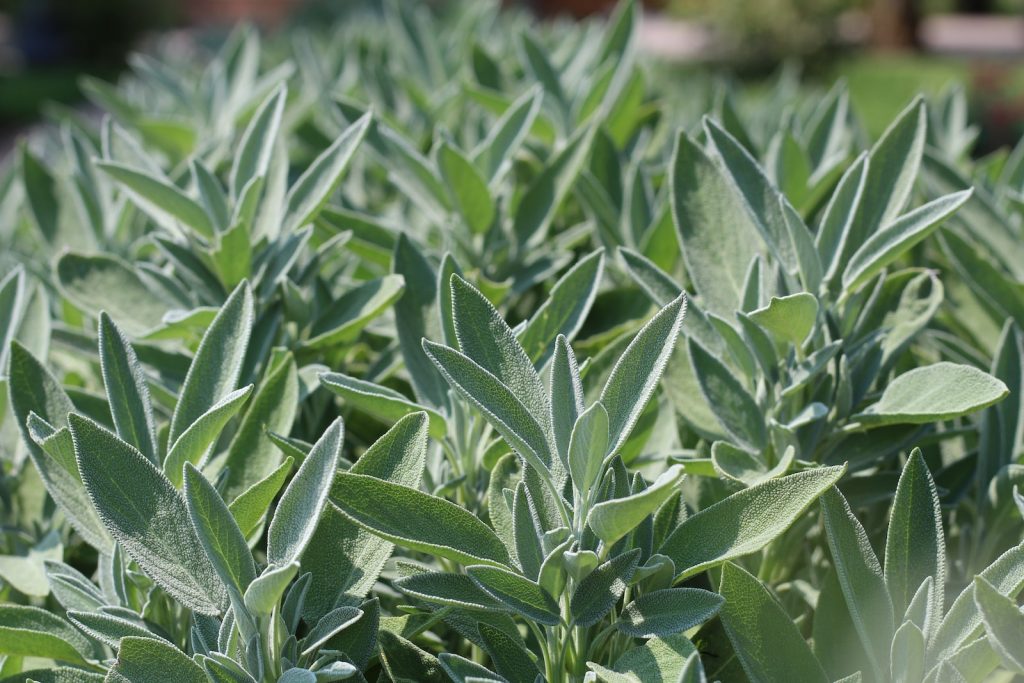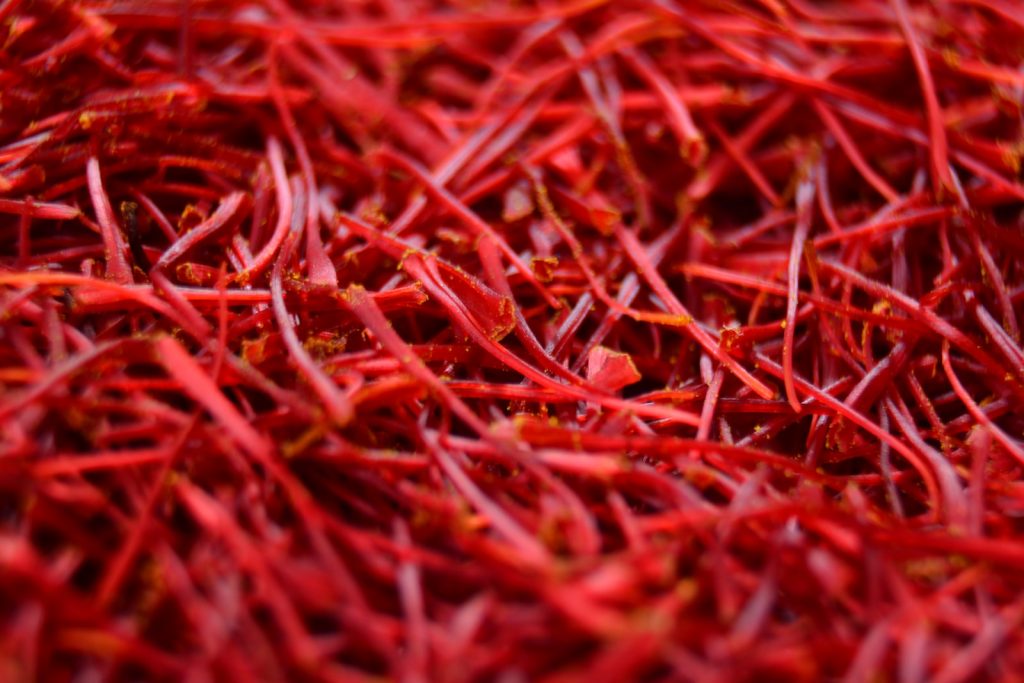Sage - Salvia officinalis

Sage (Salvia officinalis) is one of the easiest perennial herbs to grow. Sage contains vitamins A and C, along with several other antioxidants which help reduce the risk of serious health conditions like cancer. It’s also rich in vitamin K, which aids the body in clotting blood. Since sage is usually taken in small amounts, it provides a high amount of nutrition without a lot of calories. Sage juice in warm water is good for hoarseness and coughs. It was used by herbalists externally to treat sprains, swelling, ulcers, and bleeding.
Sarsaparilla - Smilax ornata

Sarsaparilla is the common name for Smilax ornata (formally smilax regelii), which has been used medicinally to treat everything from chronic pain to toe fungus. Other common names include sarsaparilla, Honduran sarsaparilla, and Jamaican sarsaparilla. Sarsaparilla contains a wealth of plant chemicals thought to have a beneficial effect on the human body. Chemicals known as saponins might help reduce joint pain and skin itching, and also kill bacteria. Other chemicals may be helpful in reducing inflammation and protecting the liver from damage.
Stevia - Stevia rebaudiana

Stevia is a fairly new sweetener and sugar substitute extracted from the leaves of the plant species Stevia rebaudiana. It has gained great popularity in recent years to aid in weight management. Stevia is often touted as a safe and healthy sugar substitute that can sweeten up foods without the negative health effects linked to refined sugar. It’s also associated with several impressive health benefits, such as reduced calorie intake, blood sugar levels, and risk of cavities
Saffron - Crocus sativus

Saffron is a powerful spice high in antioxidants. It has been linked to health benefits, such as improved mood, libido, and sexual function, as well as reduced PMS symptoms and enhanced weight loss. Best of all, it’s generally safe for most people and easy to add to your diet. For healthy skin, drink saffron water. Your skin will be smooth and radiant if you drink it every day. It also improves your skin’s texture and shines. It can satiate your cravings in a much healthy manner. In fact, it is advisable to drink saffron water first thing in the morning.
Sapodilla - Manilkara zapota

Sapodilla is an excellent source of fiber, a nutrient that’s important for gut health, heart health, and body weight maintenance. More specifically, fiber helps fuel gut bacteria, keeps you regular, promotes feelings of fullness, and regulates blood sugar and cholesterol levels. Fiber helps promote bowel health. It also keeps you feeling fuller for longer and helps control your blood sugar. Sapota is rich in vitamin C and antioxidants that help build your immunity. Polyphenol present in sapota may combat detrimental toxins and lowers the risk of diseases. It also has antibacterial and anti-viral properties that act as safeguards the system from harmful microbes.
Sesame - Sesamum indicum

Sesame seeds are a good source of healthy fats, protein, B vitamins, minerals, fiber, antioxidants, and other beneficial plant compounds. Regularly eating substantial portions of these seeds — not just an occasional sprinkling on a burger bun — may aid blood sugar control, combat arthritis pain, and lower cholesterol. Eat 1/2- 1 tablespoon or as per your taste roasted Sesame seeds in a day. 2. Or, you can also add Sesame seeds to salads as per your taste. Sesame seeds: Studies indicate that antioxidants and lignan present in sesame seeds can help improve sperm count, motility, and quality. Thus, regular consumption of sesame seeds can be an aid to address fertility issues in men.
screw pine – Pandanus

Screw pine, any of some 600 tropical species of Old-World trees and shrubs of the screw pine family (Pandanaceae). They grow along seacoasts and in marshy places and forests of tropical and subtropical regions, especially in Asia, Africa, and Oceania. Pandan is incredibly versatile. Its leaf extract is often mixed with steamed rice and coconut milk to make a savory Malaysian dish called nasi lemak. It’s also used to flavor soups, stews, and curries. What’s more, whole leaves are used to wrap meats before steaming or grilling, infusing them with a unique taste.
Sandalwood - Santalum album

Sandalwood has been used for thousands of years to calm the mind and relieve anxiety, reduce signs of aging and skin inflammation. It has spiritual significance and is said to bring devotees closer to god, and acts as a fixative in fragrances, ensuring they last longer on the skin. Sandalwood oil has a warm, woody odor and is commonly used as a fragrance in incense, cosmetics, perfumes, and soaps. It also is used as a flavor for foods and beverages. The wood has been valued in carving because of its dense character.
Spearmint - Mentha spicata

The aromatic fragrance of Spearmint (Mentha spicata) is immediately recognized for its crispness, and it is used to flavor food, popular drinks like iced tea, alcoholic beverages and candy. Its aroma is often associated with cleanliness, making it popular for use in mouthwash, shaving creams, soaps and shampoos. Its properties appeal to humans, and its repellent qualities are noxious to insects. Spearmint is a delicious, minty herb that may have beneficial effects on your health. It’s high in antioxidants and other beneficial plant compounds that may help balance hormones, lower blood sugar and improve digestion.

